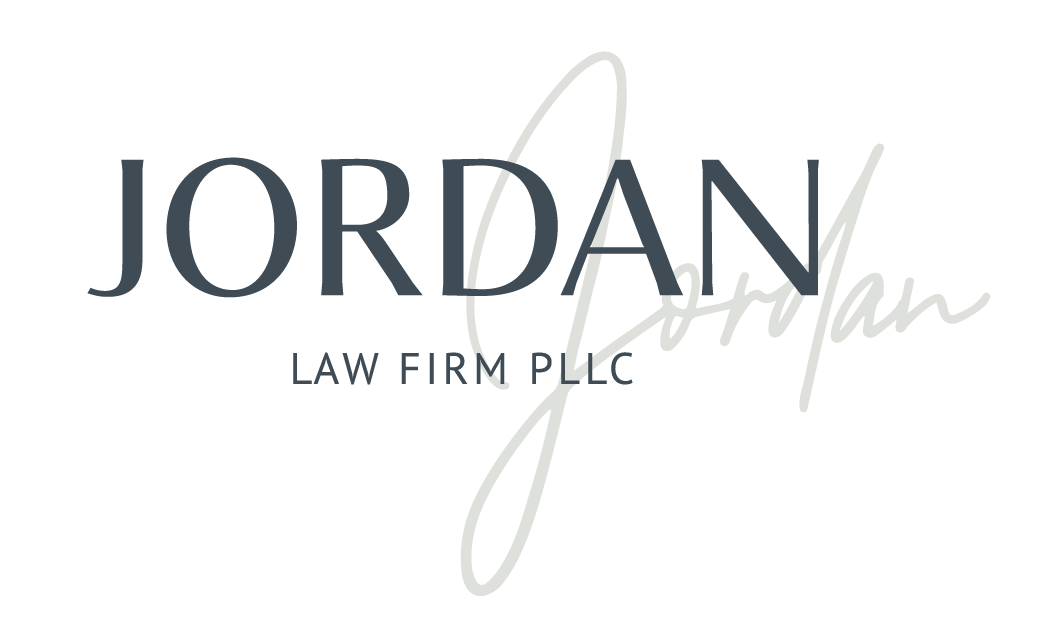Avoiding Probate
You may have come across the idea that you should ‘avoid probate.’
Why do people consider avoiding probate?
First, what is probate? Probate is the legal process of proving a Will. It involves submitting the Will to the court along with a petition asking the court to validate it. If the court finds the Will valid, it issues Letters Testamentary, which authorize the Personal Representative to handle the deceased person's estate. If there is no Will, someone can petition the court to become the estate Administrator and receive Letters of Administration.
Probate can also happen when there is no Will, in which case someone petitions the court to be appointed the estate ‘Administrator’ and receives Letters of Administration.
Common reasons for wanting to avoid probate...
1 | Privacy
One common reason for wanting to avoid probate is privacy. A trust, which is part of some estate plans, is typically a private document (unless it's a testamentary trust; more on that in a future blog post). A trust is usually managed privately by the trustee, meaning information about the decedent’s assets and their distribution remains confidential—unlike a Will, which becomes a public record once filed with the court after death. However, keep in mind that a trust can become public if it is involved in a lawsuit.
So a trust, while usually a private document, is not immune to publication in the court record if the trust is the subject of a lawsuit.
2 | Court
The idea of involving a court, even for a non-adversarial probate, can feel intimidating. The probates Jordan Law Firm handles are more transactional in nature; we follow the procedures set out in Washington’s probate laws (RCW 11), which may require us to ask a judge or commissioner to sign official paperwork. Nevertheless, the mere involvement of a court can make people uncomfortable, which may contribute to the desire to avoid probate.
3 | Financial or Time Constraints
Another reason people try to avoid probate is the belief that probate is more expensive or time-consuming than non-probate alternatives. However, this isn't always true. Each case should be evaluated to determine whether avoiding probate is truly more cost-effective and whether your goals can be achieved through alternatives.
Keep in mind that alternatives to probate also require time and incur costs, so the belief that avoiding probate will save both time and money may not be valid. For example, if a person has a revocable living trust and has transferred (or "funded") all their probate assets to it, they can avoid the probate process. However, the trustee still has responsibilities similar to those of a Personal Representative, such as gathering assets, addressing debts, handling tax matters, and distributing assets according to the trust. This may require the assistance of legal, financial, and tax professionals, which can lead to similar costs and time commitments as probate.
Should you try to avoid probate?
In my opinion, it's not always necessary. Washington State has a relatively streamlined probate process, and attorneys generally charge hourly rates or flat fees rather than a percentage of the estate. However, if avoiding probate is important to you and you are willing to invest time and money to achieve that, we can explore the options. In many cases, attempting to avoid probate does not harm your overall planning. Using trusts, beneficiary designations, survivorship titling, and other methods can effectively accomplish your goals.
How can you avoid probate?
The need for probate depends on how a deceased person’s assets are owned or titled. To avoid probate, ensure that your assets can legally transfer to others through alternative means. Consider the following strategies (remember that there are pros and cons to each):
Real Estate: Use transfer-on-death deeds or survivorship titling. Before gifting real estate, consult a tax professional about potential tax consequences.
Financial Accounts: Add beneficiaries. Review your beneficiary designations and ensure they align with the rest of your estate plan.
Business Interests: If you have a trust, consider assigning your business interests to it upon your death. Again, consult a tax professional to determine if this is advisable in your case.
These are just a few examples. Discuss your options with your attorney and financial advisors if you want to avoid probate.
Examples of avoiding probate:
Case 1:
A client, a single person with two adult children, wanted to avoid probate for privacy and simplicity. They created a revocable living trust, deeded their home to it, changed their checking and savings accounts to trust accounts, and designated their children as beneficiaries of their IRA. This arrangement allowed their assets to transfer without the need for probate.
Case 2:
Another client, an elderly individual, had a home worth over a million dollars and several adult children, including one deceased child with living grandchildren. With significant family discord, they wanted to minimize costs while specifying how the home’s proceeds would be divided. A trust was too complex and expensive for them, and a transfer-on-death deed was inappropriate due to the family dynamics. Instead, we drafted a simple Will detailing the percentage distribution of the home’s proceeds. After the client’s passing, the Personal Representative would handle the probate process, sell the property, and distribute the proceeds as specified.
While there are valid reasons to try to avoid probate, it is not always necessary or advisable. Trusts, beneficiary designations, community property agreements, transfer-on-death deeds, and other methods can effectively prevent probate.
To discuss probate and non-probate alternatives, schedule a consultation below.

